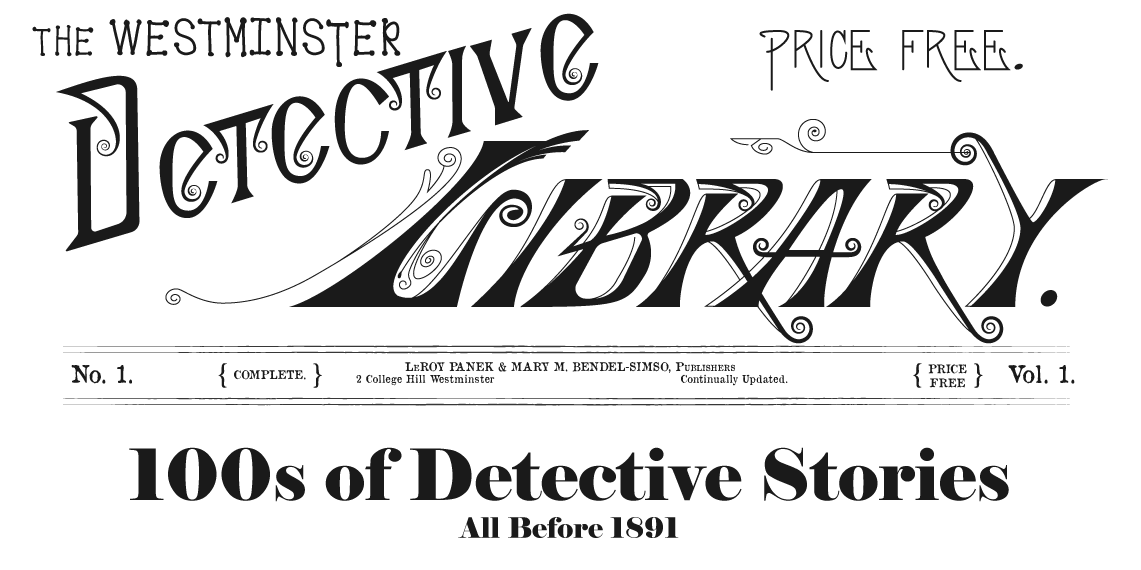The “Secret Service” of the United States
by Louis Bagger
On the fourth floor of the southern wing of the Treasury Building, in Washington, D.C., there are two rooms, opening out upon the wide, marble-tiled hall, over the always-closed entrance to which are inscribed the words, “Secret-Service Division of the Treasury Department,” and below, “Positively no admittance.” Within may be seen two large safes, desks, chairs, and sofas; some curious masquerade costumes—or Ku-klux uniforms, for that is what they really are—suspended from the walls; a number of photographs stuck over the mantels, over which is printed:
“REWARD!
$5,000
… Read More
